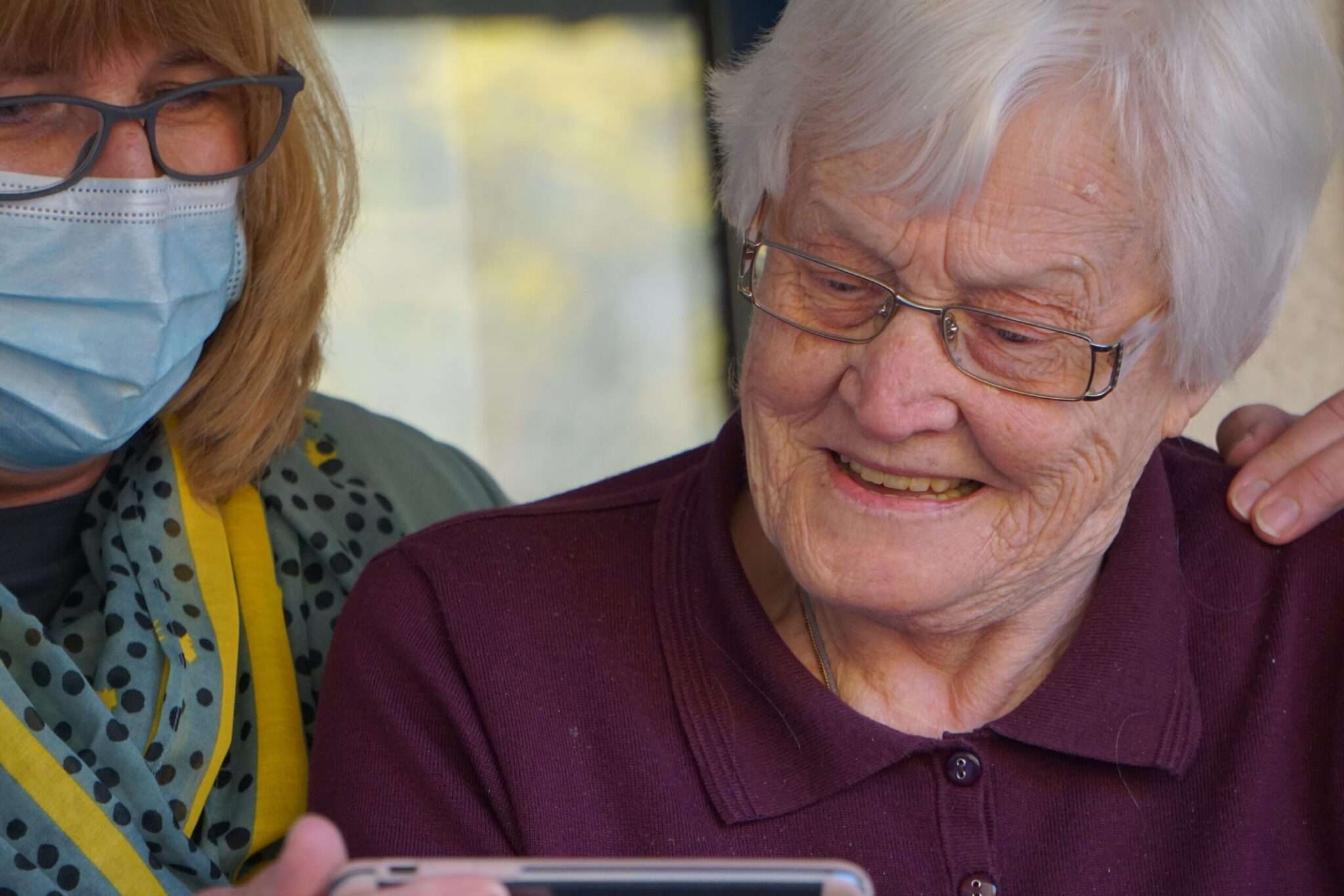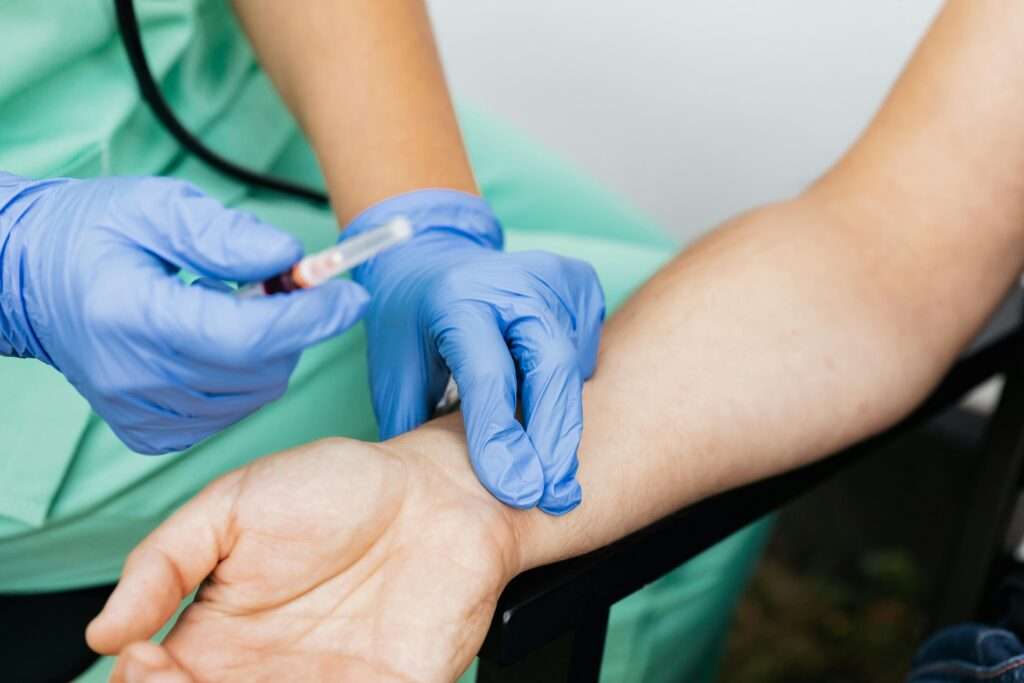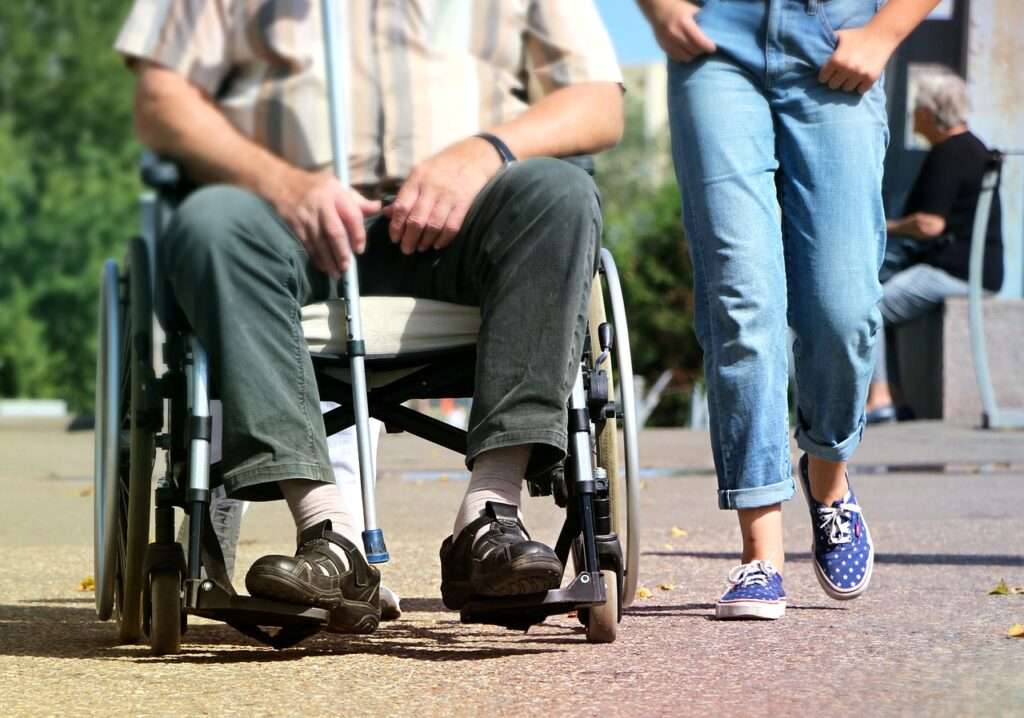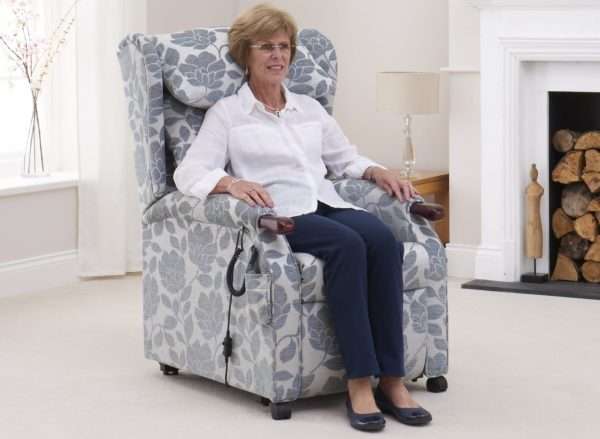The Department of Health and Social Care (DHSC) is planning alleviate stress on A&E departments across the country by treating 50,000 patients in virtual wards.
Virtual wards (sometimes known as Hospitals at Home) allow patients to be treated in their homes of regular place of residence. This may be at their personal home, care home or nursing home.
Take a look at our virtual wards explainer for more information on what virtual wards are any the potential benefits.
These plans aim to tackle the large bed occupancy rates in NHS hospitals across the country with full implementation to be completed by winter 2023.
In December 2022, around 10,000 patients were treated in virtual ward environments and NHS England want to see this number expanded to allow more elderly and frail patients to avoid emergency hospital admission they may have had otherwise.
Virtual Wards will provide care for:
- Frail and elderly patients
- Acute respiratory infections
- Cardiac conditions
This care may be provided through home visits or remote monitoring ‘telecare’ services.
The increase of virtual wards will also allow earlier discharge for patients near the end of their hospital stay and patients that require rehabilitation with the appropriate equipment that may be completed in the community.
There will be an increase of the number of falls and frailty teams. These falls and frailty teams consist mainly of nurses and advise on ameliorating falls risks.
DHSC plans to increase the number of Urgent Community Response (UCR) teams which aim to provide patients with at home support within two hours as required by Community Health Services ‘two-hour urgent community response standards.
Community health nurses can visit patients at home and maintain contact with the hospital if a patient’s conditions deteriorate.
DHSC cite “growing evidence” that virtual wards are a “safe and efficient alternative to hospital care, particularly for frail patients”; adding that “by expanding care offered in the community, the most vulnerable, frail and elderly patients can be better supported to continue living independently or recover at home.
“Not only will patients benefit from better experiences and outcomes, it will ease pressure on our busy emergency departments.”
This announcement comes just as NHS England is due to publish its Urgent and Emergency Care Plan, which looks to “reduce waiting times and improve care for patients.”















